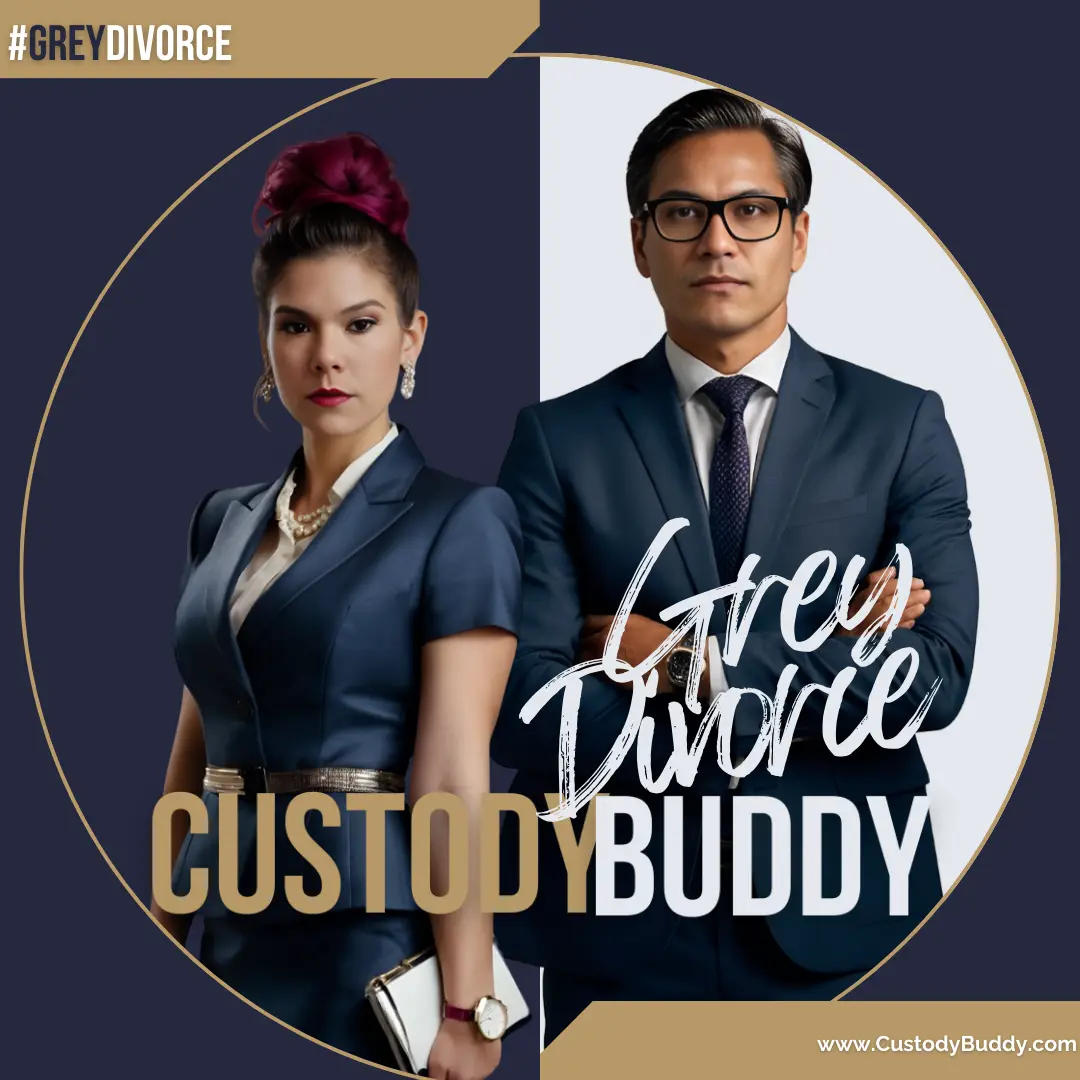
Coping with parental alienation feels like climbing a never-ending hill—not just for the affected parents but especially for the children caught in this emotional crossfire. Imagine waking up one morning to discover that your child's trust and love are slipping away, manipulated by the other parent. Heartbreaking, isn’t it? But hang in there—because mental health professionals are here to guide families through this storm, bringing much-needed hope and healing.
Understanding Parental Alienation: It’s More Common Than You Think
Parental alienation isn’t just a bad co-parenting relationship. At its core, it’s when one parent undermines the child’s relationship with the other parent—either intentionally or unintentionally. This toxic dynamic usually falls into two categories:
-
Intentional Alienation: This involves overtly negative actions and comments aimed at swaying the child’s feelings toward the targeted parent, creating an environment rife with distrust and hostility.
-
Unintentional Alienation: This happens when a parent subtly influences the child’s perception through sarcasm, eye-rolling, or venting adult issues. These behaviors may seem harmless but can gradually damage the parent-child bond.
Regardless of how it manifests, the trauma affects everyone involved—especially the child. This is where mental health professionals step in.
Assessment & Diagnosis: The First Step to Recovery
Mental health professionals—whether they’re psychologists, therapists, or counselors—are specially trained to assess family dynamics. They can help identify the early signs of parental alienation, giving crucial insight into the hidden challenges at play. Early diagnosis is critical; it sets the stage for a tailored intervention plan that can lead to effective healing.
Therapy for Kids: A Safe Haven for Healing
Therapy provides a secure space for children to explore their feelings, often helping them articulate emotions they may struggle to express. A skilled therapist can:
- Guide the child in examining their feelings about each parent without bias.
- Share coping strategies for confusion or distress, fostering emotional resilience.
- Facilitate communication between the parents and child, allowing for an objective assessment of their experiences.
Family Therapy Sessions: Bridging the Divide
Family therapy offers a powerful avenue for healing, engaging everyone involved in the process. Here’s how mental health professionals can help in these sessions:
- Promote healthy and open communication, encouraging each individual to voice their perspectives.
- Clarify misconceptions and create a neutral environment for important discussions.
- Help parents understand how their actions may affect their child, paving the way for meaningful change.
Custody Drama? Mental Health Pros to the Rescue
In custody cases where parental alienation is an issue, mental health professionals frequently conduct evaluations to ascertain the child’s best interests. Their comprehensive assessments provide invaluable insight for family court judges, illuminating the extent of alienation and its implications for custody arrangements.
Reunification Efforts: Piecing it Back Together
For families grappling with severe alienation, clinicians can guide structured reunification efforts. By arranging sessions designed to rebuild the vital parent-child bond, they help make the process not just effective but also supportive of emotional well-being.
Partnering with Legal Eagles: Two Heads Are Better Than One
Mental health professionals can collaborate with legal experts, providing essential insights into the psychological effects of parental alienation. This partnership enhances the legal team’s ability to advocate for the child’s best interests in court, ensuring that emotional realities are recognized alongside legal ones.
Navigating the Challenge Together
Fighting against parental alienation is not a battle you should face alone. Here’s how to maximize the benefits of involving mental health professionals:
-
Choose Your Professional Wisely: Seek a mental health expert experienced in family dynamics and parental alienation. Referrals or specialized directories can help you find qualified practitioners.
-
Be Open and Honest: Transparency about your experiences with your mental health provider allows for more effective sessions.
-
Stay Committed to the Process: Healing takes time. Be patient with yourself and your child as you navigate complex emotional landscapes.
-
Encourage Ongoing Communication: Regular check-ins with both your child and mental health professional help maintain progress and ensure everyone is aligned.
Final Thoughts: Your Child Needs You to Stay in the Fight
Parental alienation may feel overwhelming, but with the support of trained mental health professionals, there is hope for healing. They bring essential tools to the table that can not only mitigate the negative effects of alienation but also strengthen family bonds.
Fight this battle not just for yourself but for your child. They deserve a loving relationship with both parents, and mental health professionals can help you pave the way. Remember, you are not alone, and your journey toward healing can begin today. 💛
Resources
Canada:
United States:
- National Association of School Psychologists
- American Psychological Association
- National Center for Child Traumatic Stress
Legal Disclaimer: This article is intended for informational purposes only and does not constitute legal or therapeutic advice. Always seek the guidance of qualified legal or mental health professionals for your specific situation.

